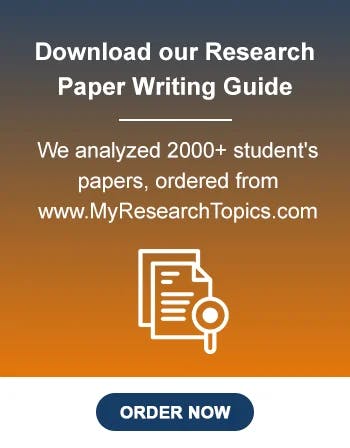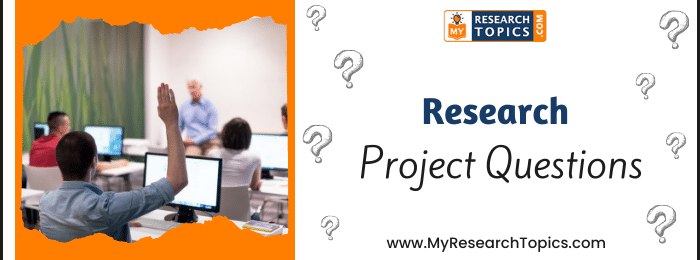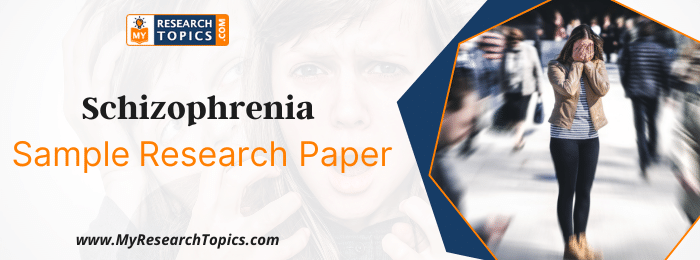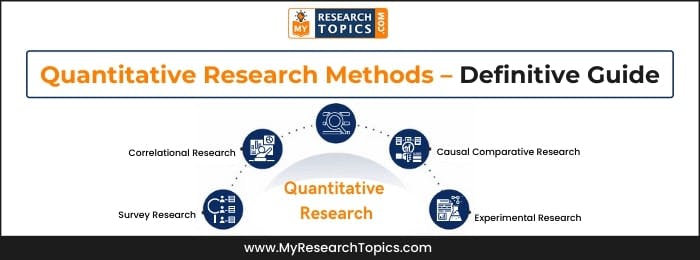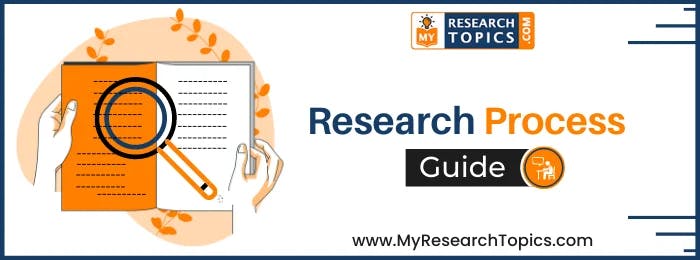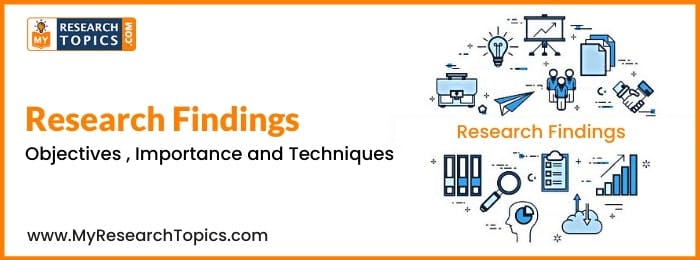Hypothesis in Research | Meaning,Procedure and Techniques
Published 16 October, 2023

The hypothesis is a word that can be intimidating for researchers and students. The definition of a hypothesis may seem difficult to understand, but it’s actually quite simple. Hypotheses are the foundation of research and testing because they provide an idea or explanation about what might happen.
Hypothesis in research is a crucial step in the process of testing and collecting data. It is important that you have an idea as to what it is you are looking for before going into your experiment or survey. This will help you determine how many participants are needed, what types of questions to ask, and how long the study should take.
What is Hypothesis in Research?
A research hypothesis is a provisional statement made on the basis of limited evidence as a starting point for more formal experimentation. It is a general educated guess or speculation that could be disproved by new information.
A research Hypothesis is basically a statement that helps you to define the relationship between two variables of your study. By defining the hypothesis as the expectation about the things that can happen in the investigation. The main objective of defining and including hypotheses in research is to get an answer to Research Project Questions.
For example, while watering a plant you expect that if you will give more amount of water and sunlight to the plant, it would grow big soon.
It is a hypothesis statement in research that highlights the outcomes. There are two parts to the hypothesis statement. The first part of the hypothesis statement represents the independent variable and the second part indicates the dependent variable.
In other words, A research hypothesis is an educated guess about how people will behave based on evidence from the past, or research findings. It’s a key component of design – and it always needs to be testable.
For example, if you’re designing software but are not testing it empirically then your design is still just a theory, not fact through experimentation.
Importance of hypothesis in research
- Hypothesis in research is important as it provides the idea about the results to be which need to be achieved by conducting the investigation on a particular topic.
- It helps in determining the questions which you want to get answers to, defining of Hypothesis statement in research provides clarity to report and enables you to concentrate on the specific issue.
- This not only guides the researcher but also prevents them from getting off the topic.
- Hypothesis provides accuracy and precision, which is why it’s such an important aspect of scientific investigation.
- It helps to assume the probability of research failure and progress.
- It aids in establishing a connection between the underlying theory and the specific research issue.
- It helps in data analysis and measures the validity and reliability of the research.
- It provides a basis or evidence to prove the validity of the research.
- It helps to describe a research study in concrete terms rather than theoretical terms.
Types of research hypothesis
There are different types of research hypothesis, as follows
- Simple Hypothesis
- Complex Hypothesis
- Null Hypothesis
- Alternative Hypothesis
- Logical Hypothesis
- Substantive Hypothesis
- Statistical Hypothesis
- Universal and Existential Hypothesis
1. Simple Hypothesis
A simple hypothesis is one that postulates the existence of an association between two variables. One variable, known as the independent or cause, and others are called dependent or effect.
For example,
- Smoking leads to Cancer
- The higher ratio of unemployment leads to crimes.
2. Complex Hypothesis
The complex hypothesis is one in which there’s a relationship among the variables. In this type, dependent and independent variables are more than two.
For example
- Smoking and other drugs lead to cancer, tension chest infections, etc.
- The higher ratio of unemployment poverty, illiteracy leads to crimes like a dacoit, Robbery, Rape, prostitution & killing, etc.
3. Null Hypothesis
It is a hypothesis where variations are where you can not expect variations. The null hypothesis states that there is no relationship between the dependent and independent variables. According to this theory, you can only reject a null hypothesis if it’s rejected by evidence or when trying to falsify something. In research null hypothesis is denoted as H0.
For example, there is no significant relationship between compensation policy and employee satisfaction. In research null hypothesis is denoted as H0.
4. Alternative Hypothesis
In the Alternative hypothesis, variations are expected. An alternative hypothesis is an idea of there being an observed effect between variables. This is something that a researcher aims to indirectly verify by stating their assumption, which states that there exists a significant linkage between population parameters.
For instance, there is a significant relationship between a company’s compensation policy and employee satisfaction.
5. Logical Hypothesis
A logical hypothesis is a planned explanation of an event or phenomenon, based on limited evidence. It’s important to note that while this type of reasoning can be used in certain situations where the truth isn’t yet known, it should not replace hard facts and concrete conclusions because there are no guarantees as to how well-reasoned these ideas will turn out to be when faced with competition from other hypotheses for explaining what happened.
7. Statistical Hypothesis
A statistical hypothesis, sometimes called confirmatory data analysis when it is about a population parameter and can be verified statistically. The statement would be logical or illogical but if statistics verify it’s true then we call this type of hypothetical idea a “statistical” one.
8. Universal and Existential Hypothesis
The universal hypothesis states that all variables are true at all times or at least one point of time. and In the existential hypothesis, we try to explain that they should exist at least for one particular case.
Although there are various types of hypotheses, the null and alternate hypotheses are the most widely used.
Read Also: Hypothesis Testing for Research – Complete Guide With Example
Characteristics of an Effective Research Hypothesis
The effective hypothesis has the following characteristics these are :
- Simple: It means that the hypothesis should not be complex. It should be easily understandable by the reader.
- Clear: There should be a clear concept behind the formulation of a specific hypothesis. The different terms used in the hypothesis should be simple, understandable, clear, and acceptable by all people.
- Relevant to issue: The hypothesis design should match the issue which is very crucial for finding an appropriate solution for the problem. Hypothesis formulate should not be general it should be specific.
- Specific: You should create the hypothesis for a particular issue.
- Testable: A good hypothesis is that which is formulated after performing various tests for research and experiments.
- Consistent: It is the most important characteristic of a good hypothesis. While drafting the hypothesis you are required to make sure that there is a close relationship between different types of variables.
- New discoveries: A good hypothesis is that which enables you to discover new facts helps you in developing new knowledge.
The process of writing hypothesis
The process of developing the hypothesis includes different phases these are:
1. Identify the questions
It is the initial phase in the development of the hypothesis where you are writing the hypothesis need to identify the questions which you want to answer. The questions which you have design should be specific, clear, feasible and
For example: Does inflation leads to a decline in the profit margin of companies.
2. Execution of preliminary investigation
This is a phase in hypothesis development where you need to provide answers to question on the basis of your knowledge. In addition to this, at this stage, you need to formulate concepts for determining which variables to study.
For Example: An increase in inflation will lead to a decline in the profit margin of the firm.
3. Formulation of research hypothesis
It is the phase where you have little idea about the objectives which you want to accomplish. While creating a hypothesis you should make sure that all the variables in your hypothesis are relevant and meaningful.
4. Refining of research hypothesis
This is a stage in research hypothesis development where you need to ensure that the hypothesis which you are designing is testable and specific. A hypothesis can be phrased in a variety of ways, but all terms should have unambiguous definitions, and the hypothesis should include:
- Relevant variables
- The target audience for the research
- The experiment’s or analysis’s expected outcome
5. Rephrasing research hypothesis
It is a stage where you need to rephrase the research hypothesis. You can rephrase the hypothesis in a unique manner for different types of studies like:
a) For identification of the variables, you can make generalize predictions that are in the format of if then. It means that the first section of the statement will consist of an independent variable and the second will include dependent variable.
For example, if the company will increase the prices of products considering the inflation that there will increase in profit margin.
b) In the context of academic investigation, hypotheses are commonly rephrased in the form of correlation research. While developing the hypothesis for such types of research you are required to directly provide the information about the relationship between two different variables.
For example, Increases in inflation has a negative effect on the profit margin of companies.
c) In relation to research, where you need to make comparison between different variables, you need to clearly state the differences that you are trying to address.
For example, there are high chances that companies which are other firms increasing the prices of goods according to inflation will earn a higher profit margin as compared to other firms.
6. Formulating null hypothesis in research
You need to develop a null hypothesis when the investigation which you are performing includes statistical hypothesis testing. The null hypothesis represents that there is no relationship between the two variables.
Techniques of writing hypothesis
There are few techniques that you can use for developing an effective hypothesis these are:
- Firstly, you are required to clearly define the problem you intend to solve by conducting the investigation. In addition to this, you need to ensure that the topic chosen for research is properly defined in the hypothesis.
- By following or using a specific template you can in the form of an if-then statement.
- You should make sure that you have defined all variables in a proper manner.
- While developing a hypothesis you should consider that specific theory that you have developed is related to observable things.
Other Related Guides
- Research Project Questions
- Types of Validity in Research – Explained With Examples
- Schizophrenia Sample Research Paper
- Quantitative Research Methods – Definitive Guide
- Research Paper On Homelessness For College Students
- How to Study for Biology Final Examination
- Textual Analysis in Research / Methods of Analyzing Text
- A Guide to Start Research Process – Introduction, Procedure and Tips
- Research Findings – Objectives , Importance and Techniques
- Topic Sentences in Research Paper – Meaning, Parts, Importance, Procedure and Techniques
